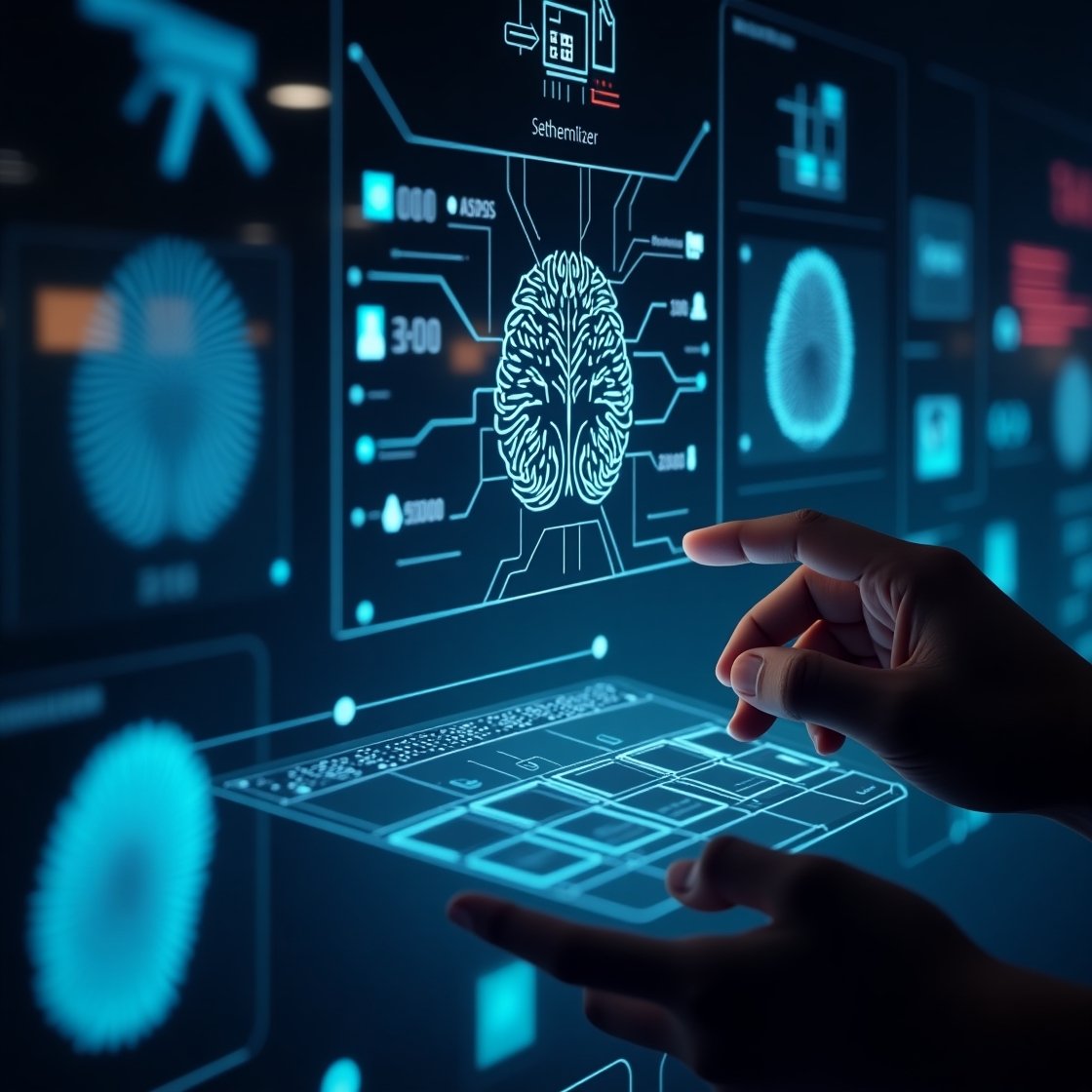Introduction
Forensic science is an indispensable component of the criminal justice system, providing crucial evidence and analysis that aids in solving crimes and securing convictions. As the complexity of criminal activities increases, there is an urgent need for innovative tools and methods to enhance forensic investigations. Artificial Intelligence (AI) is emerging as a transformative force in forensic science, offering advanced capabilities in data analysis, pattern recognition, and evidence interpretation.
Current Applications of AI in Forensic Science
Image and Video Analysis
AI technologies are revolutionizing forensic image and video analysis by automating the identification of patterns, objects, and individuals within visual data. Advanced machine learning algorithms can process vast amounts of footage rapidly, enhancing the accuracy and efficiency of investigations. AI can detect anomalies, track movements, and even recognize faces, providing invaluable support in solving crimes.
DNA Analysis and Matching
AI systems are significantly enhancing the speed and precision of DNA analysis by automating the matching process. These systems can quickly compare DNA samples against large databases, increasing the chances of identifying suspects and solving cases more efficiently. By reducing the time and potential for human error, AI-driven DNA analysis accelerates the investigative process and bolsters the effectiveness of forensic science.
Benefits of AI in Forensic Science
Enhanced Accuracy and Efficiency
AI significantly improves the accuracy and efficiency of forensic investigations by automating complex and time-consuming tasks. By reducing human error and speeding up processes, AI allows forensic scientists to concentrate on more critical aspects of their work, resulting in faster and more reliable outcomes. This enhanced precision is crucial in providing accurate evidence that can withstand legal scrutiny.
Advanced Data Analysis
AI’s capability to handle large datasets and identify patterns enhances the analysis of forensic evidence. This ability enables investigators to uncover connections and insights that might otherwise go unnoticed, offering a more comprehensive understanding of criminal cases. AI-driven data analysis supports forensic scientists in piecing together evidence to form a coherent narrative, aiding in crime resolution and justice delivery.
Challenges and Considerations
Ethical and Legal Concerns
The deployment of AI in forensic science raises important ethical and legal questions. Concerns about privacy, data security, and the potential for bias in AI algorithms must be addressed to maintain public trust and ensure justice is served. Transparency in AI processes and adherence to legal standards are crucial to avoid misuse and uphold the integrity of forensic investigations.
Integration with Existing Systems
Integrating AI technologies into existing forensic systems can be challenging. It requires investment in new tools and comprehensive training for forensic professionals to effectively harness AI-driven insights. Ensuring seamless compatibility and functionality between AI solutions and traditional forensic methods is essential for successful adoption and maximizing the benefits of AI in forensic science.
The Future of AI in Forensic Science
As AI technology continues to advance, its role in forensic science is poised to expand significantly. Future developments may include more sophisticated AI algorithms capable of real-time crime scene analysis, providing investigators with immediate insights and aiding in evidence collection. Predictive analytics could also be used for crime prevention, allowing law enforcement to anticipate criminal activities and deploy resources more effectively.
Virtual reality reconstructions of crime scenes, powered by AI, could offer immersive experiences for investigators, juries, and legal professionals, enhancing their understanding of the events. These innovations promise to further enhance the capabilities of forensic science, equipping investigators with powerful tools to solve cases more effectively and efficiently.
Conclusion
AI is set to revolutionize forensic science, offering tools and strategies that enhance accuracy, efficiency, and insight. While challenges remain, particularly regarding ethics and system integration, the potential benefits of AI in this field are significant. As technology continues to evolve, embracing AI will be essential for forensic professionals seeking to solve complex cases and uphold justice in an increasingly digital world.

